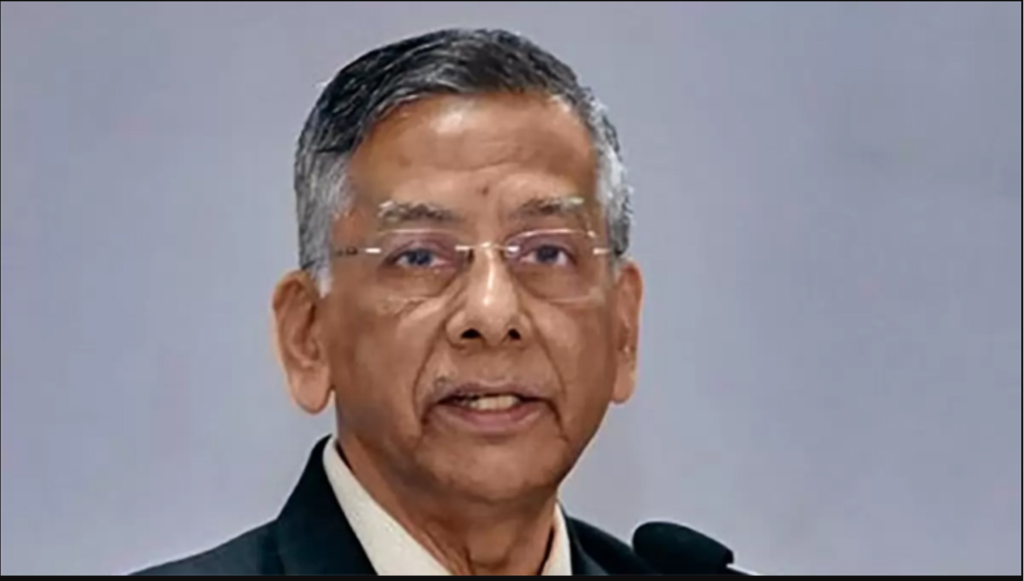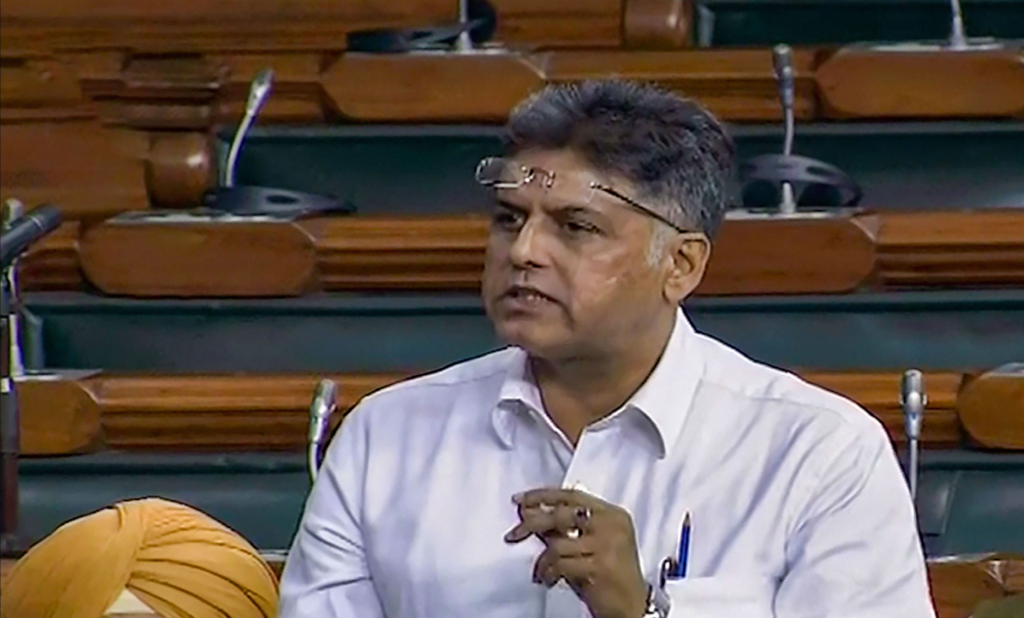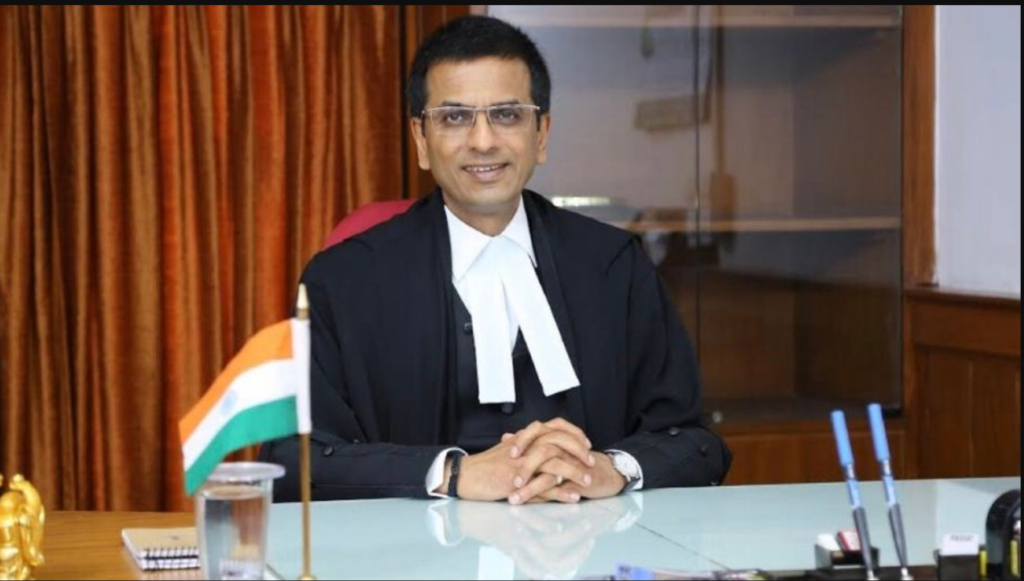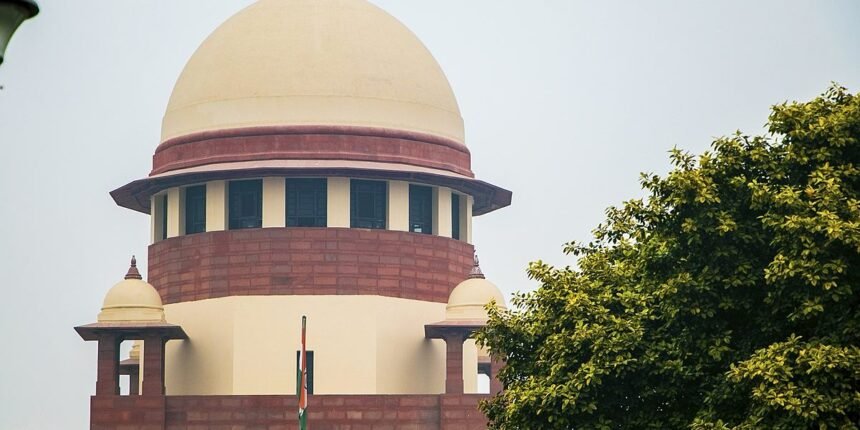About electoral bond R. Venkataramani , India’s attorney general, argued before the Supreme Court on Sunday , October 29 that the public does not have the fundamental right to know where the money for electoral bonds comes from
Electoral Bond
The AG was sharing his opinions on petitions that contested electoral bonds’ lack of transparency. The case is scheduled for hearing before a bench chaired by Chief Justice D.Y. Chandrachud on October 31. Sanjiv Khanna, B.R. Gavai, J.B. Pardiwala, and Manoj Misra are the other justices on the court.Venkataramani further stated that if the Supreme Court attempted to control electoral bonds, it would be going into policy territory.

First off, without being subject to justifiable limitations, there cannot be a universal right to know everything. AG stated, according to LiveLaw, “Secondly, the right to know as necessary for expression can be for specific ends or purposes and not otherwise.”He went on to say that simply because courts have decided that the public has a right to know a candidate’s criminal history, that right does not automatically extend to information regarding electoral bond finance.
The AG went on to say that no individual’s rights are violated by the electoral bonds scheme, and that no right guaranteed by Part III of the Constitution is repugnant to it.
The contributor is granted the benefit of confidentiality under the aforementioned plan. It guarantees and encourages contributions of clean money. It guarantees paying taxes as required. It does not violate any preexisting rights as a result. A constitutional court will only consider state activity if it violates already-existing rights; it will not do so just because state action has not created an expectation or a potential right.
Background

The Association of Democratic Reforms (ADR) filed the lead petition, which challenges the Finance Act, 2017—a money measure that established the electoral bond programme for paying elections. Political donations were previously limited to 7.5% of the company’s average three-year net profit, but this was eliminated by the Act.A firm is not required by the plan to identify the political parties to whom such contributions are made. Additionally, the donors’ names are kept private.
The petitioners contend that these changes will lead to a great deal more corruption and black money, as well as increased opaqueness and conflict of interest. The petitioners further assert that this will facilitate the flow of illicit funds into India’s political and electoral processes by fostering the establishment of shell corporations and an increase in benami transactions.During the preliminary hearing on October 10, Prashant Bhushan, the petitioners’ counsel, claimed that the ruling party has been benefiting from the scheme in both assembly and general elections for the Lok Sabha since 2017, which has upset the fairness of the process.

In addition to being illegally introduced through a money bill, Bhushan contended, the system aims to legalise anonymous political funding sources. He claimed that the plan encourages corruption and infringes on the right to know how political parties are funded. The Rajya Sabha is not required to ratify legislation that the government introduces as a money bill.According to Bhushan, political parties most likely received funding from businesses that benefited in one way or another from them. He informed the bench that financing sources cannot remain anonymous since the court has stated that a society free from corruption is a fundamental aspect of Article 21 of the Constitution.
As the designated bank, the State Bank of India (SBI) sells these bonds to anyone in denominations ranging from Rs 10,000 to Rs 1 crore. The source of purchase is kept secret and bonds can be purchased with cash or with bank transfers (a bank account must be opened if a cash deposit is made). SBI is required to keep the source a secret even though it is aware of it.
Information about who donates to which political party and how much is not available to the general public.
Also read : The Indian Constitution And Holy Books Of Religion: Understanding Their Significance




































